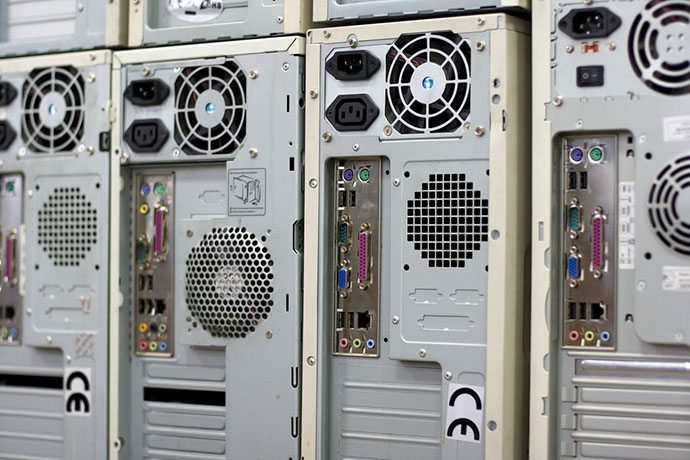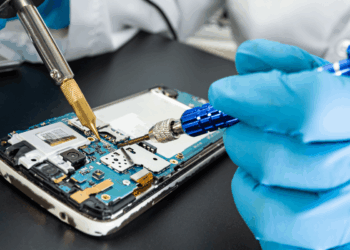A coalition of electronics recycling companies wants to see change in a government rule that prevents federal agencies from distributing surplus IT equipment to for-profit processors.
The Coalition for American Electronics Recycling (CAER) this month called for an amendment to Executive Order 12999, which prohibits the federal government from retiring its IT assets to private for-profit companies. Executive orders can be amended at any time by the current president.
In a release, CAER framed its advocacy in the context of the coronavirus pandemic, which has impacted ITAD firms’ supply of inbound devices.
“America’s certified electronics refurbishers typically source used-but-still-useful IT equipment from companies that are upgrading to new equipment,” the coalition stated. “But as COVID-19 has slowed the economy, few companies are investing in new hardware, which has created a shortage of used equipment.”
Surplus equipment from government agencies could help fill the supply gap, CAER stated, but the executive order currently limits that ability. The order, signed by President Clinton in 1996, allows federal agencies to distribute retired assets only to nonprofit organizations for refurbishment and distribution to schools.
Amending the order could open up more opportunities for moving refurbished devices into the hands of students and educators, according to CAER.
“CAER supports the efforts of nonprofits engaged in refurbishing this material, but we are concerned that this policy limits access to available equipment,” said CAER member Todd Zegers, global vice president of ITAD and reverse logistics at Ingram Micro. By amending the order to open up distribution to private-sector companies, these firms “can increase the availability of like-new technology at a much lower cost than new equipment,” he added.
The electronics recycling coalition also noted that the electronics refurbishment industry has advanced significantly compared with when the order was signed in 1996.
CAER has also advocated for regulations to limit e-scrap exports.






























